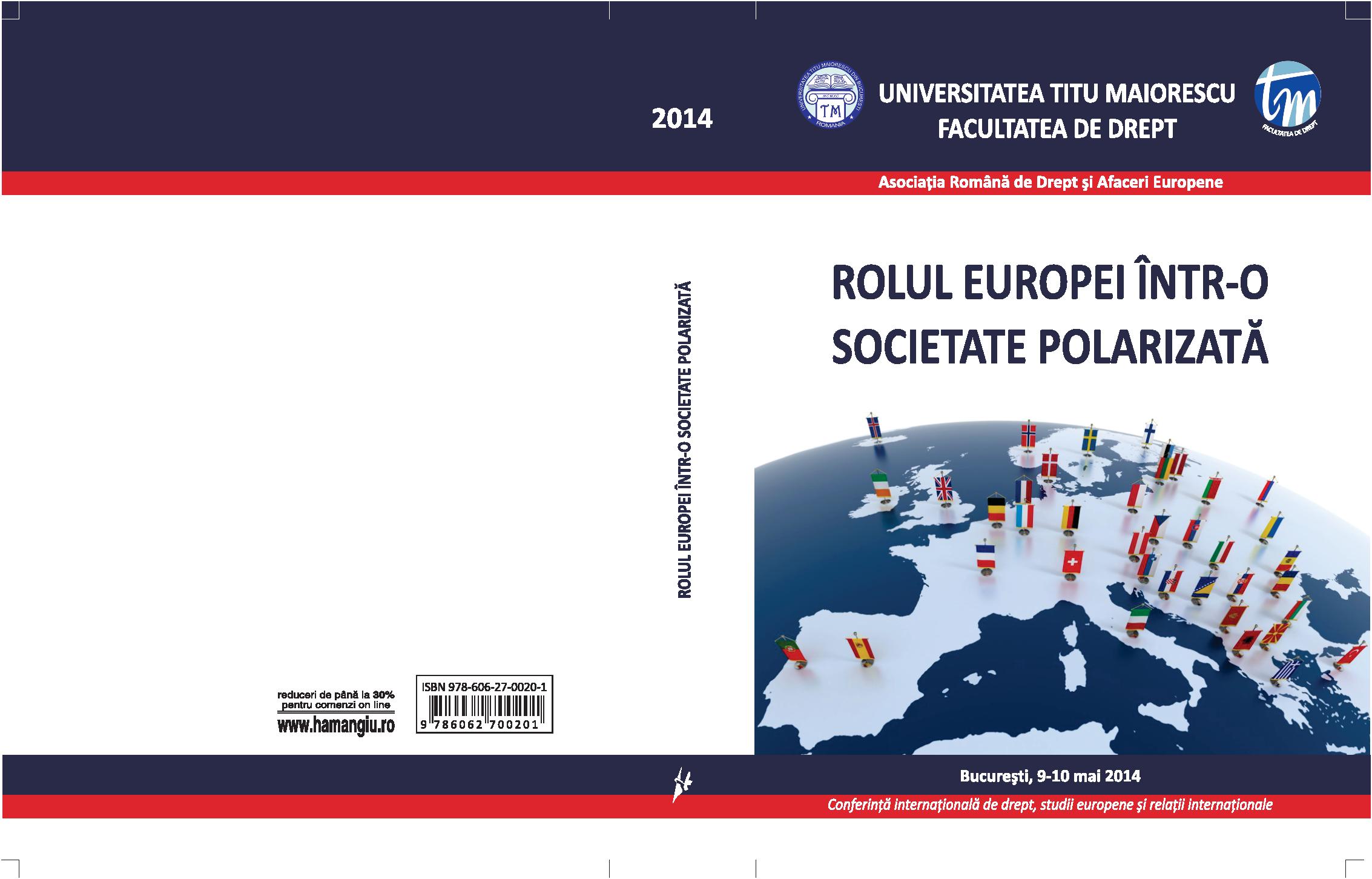Re-analizarea drepturilor omului în paradigmă feministă. Exempțiunea culturală. Aserțiuni în domeniul legislativ european și internațional
RE-ANALYZING HUMAN RIGHTS IN THE FEMINIST PARADIGM. THE CULTURAL EXEMPTION. UTTERANCES IN THE FIELD OF EUROPEAN AND INTERNATIONAL LAW.
Author(s): Beatrice BernaSubject(s): Human Rights and Humanitarian Law
Published by: Editura Hamangiu S.R.L.
Keywords: human rights; feminism; re-conceptualization; enacting; cultural exemption;
Summary/Abstract: The sphere of women's rights reconfigures the concept of human rights by bringing in the public dimension an assembly of issues that were originally associated with private existence and which were treated with indiference by State officials. From The Universal Declaration of Human Rights to the International Convenants on Civil and Political Rights or on Economic, Social and Cultural Rights and untill the Convention on Eliminating all Forms of Discrimination against Women, the gender issue is present in the human rights approach. Legal regulations (both European and International) have evolved in the sense of a reappraisal of the human rights approach – from the patriarchal scenario to the partnership scenario- and the immediate consequence ment balancing the components of the human rights concept and awarding preeminence to women’s rights. The recognition of women’s rights speech symbolized exceeding the cultural or religious practices that argued, in a euphemistic manner, woman’s ineffable subordination. The moment of Beijing 1995 left in the past the cultural exemption in applying human rights, launching the prerequisites of a visible affirmation of women’s rights beyond the cultural factor. The thesis of re-analyzing human rights from the perspective of affirming women’s rights involves feminist ideas. To this effect, we cannot discuss aboutthe re-conceptualization of human rights by exploring the dimension of women’s rights if we fail to understand that, this scientific demarche follows the introduction of feminist values in the logic of approaching human rights. The feminist thesis settles, in the heart of its concerns, both discrimination phenomena that occur in public space and in private space; from these two categories, the first is accepted as an epiphenomenon. Thus, the demarche of re-actualizing women’s rights (and human rights) has the implication of analyzing legal institutions related to private sector : marriage, family, parental rights, divorce. Behind the formal legal norm-guaranteeing women’s rights- lies a parallel law (of informal rules) focused on human values like equity, social balance, dignity, individual self-determination.
Journal: Conferința Internațională de Drept, Studii Europene și Relații Internaționale
- Issue Year: II/2014
- Issue No: II
- Page Range: 271-283
- Page Count: 13
- Language: Romanian

